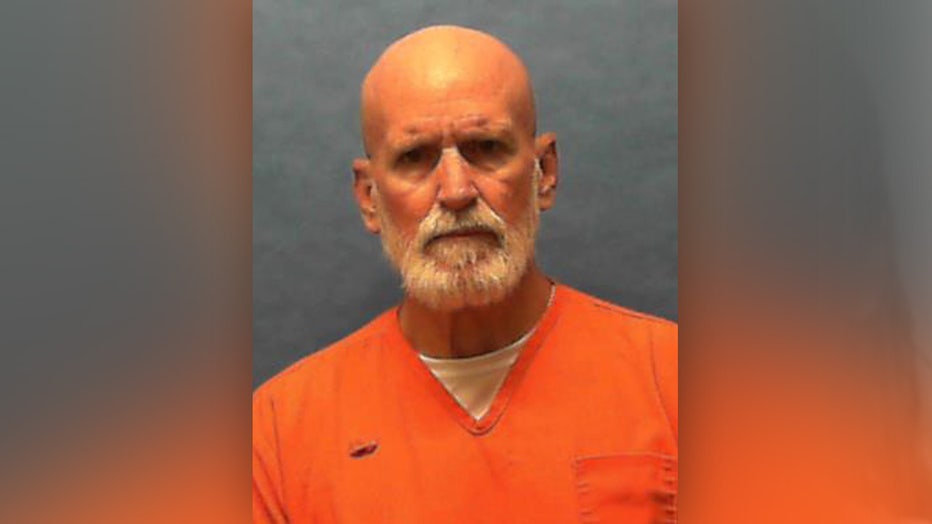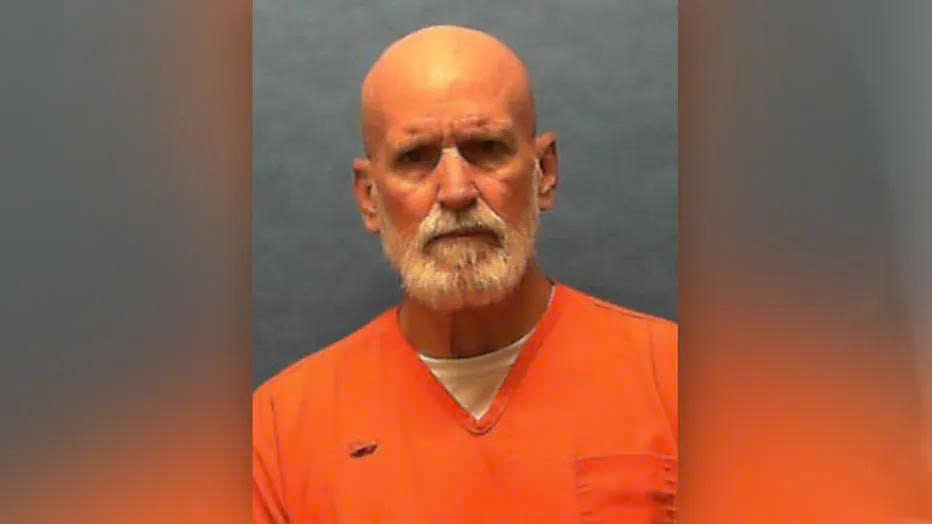Former Marine executed for the 1979 killing of a girl, 6, who was abducted from her bedroom
STARKE, Fla. – A man convicted of killing a 6-year-old girl who was abducted from her bedroom has been executed in Florida.
Bryan Frederick Jennings received a lethal injection Thursday evening at Florida State Prison near Starke for the May 1979 murder of Rebecca Kunash, who was raped and drowned in a canal.
The 66-year-old ex-Marine was convicted and sentenced to death twice in Brevard County, both of which were reversed on appeal. A final trial in 1986 resulted in a third death sentence.
Thursday’s execution marked a record 16th execution in Florida to date this year, with two more executions scheduled before the end of 2025.
The U.S. Supreme Court denied his final appeal Wednesday.
The backstory:
According to court records, Jennings was a 20-year-old on leave from the Marine Corps on May 11, 1979, when he took down a screen at the bedroom window of 6-year-old Rebecca Kunash while her parents were in another room.
Jennings abducted the girl, took her in his car to a canal and raped her, trial testimony showed. He then “swung her by her legs to the ground with such force that she fractured her skull,” court records show. The girl was then drowned in the canal, where her body was found later that day.
Jennings was arrested a few hours later on a traffic warrant, where investigators found he matched the description of a man seen near the Kunash home when Rebecca disappeared. Shoe prints found at the home matched those Jennings was wearing, his fingerprints were found on the girl’s windowsill, and his clothes and hair were wet.

Courtesy: Florida Department of Corrections
DeSantis has ordered more executions in a single year than any Florida governor since the death penalty was reinstated in 1976. The previous record was set in 2014 with eight executions. After Jennings, executions this year are scheduled Nov. 20 for Richard Barry Randolph and Dec. 9 for Mark Allen Geralds, which would bring the year’s total so far to 18.
What they’re saying:
At a recent news conference, DeSantis explained the unprecedented number of executions by saying his goal is to bring justice to victim families who have waited decades for the death sentences to be carried out.
“Some of these crimes were committed in the ‘80s,” DeSantis said. “Justice delayed is justice denied. I felt I owed it to them to make sure this ran very smoothly. If I honestly through someone was innocent, I would not pull the trigger.”
The other side:
Jennings has filed numerous appeals in state and federal courts, most recently contending that he went months without a lawyer prior to DeSantis signing his death warrant in violation of his right to counsel. His current attorneys also say Jennings has improperly not had a clemency hearing since 1988.
An anti-capital punishment group, Floridians for Alternatives to the Death Penalty, sought U.S. Supreme Court review of the issues and what it called the politicization of the process.
“Florida’s death penalty system has become unrecognizable from the one the law promises,” said Maria DeLiberato, legal and policy director for the group. “Bryan Jennings was left without a state court lawyer for years, denied a clemency review in this century, and then selected for execution because of favorable political timing.”
In addition to the murder conviction, Jennings was sentenced to life in prison for kidnapping, sexual assault and burglary.
By the numbers:
A total of 40 men have died by court-ordered execution so far this year in the U.S., and at least 18 other people are scheduled to be put to death during the remainder of 2025 and next year.
Florida’s lethal injections are carried out with a sedative, a paralytic and a drug that stops the heart, according to the state Department of Corrections.
